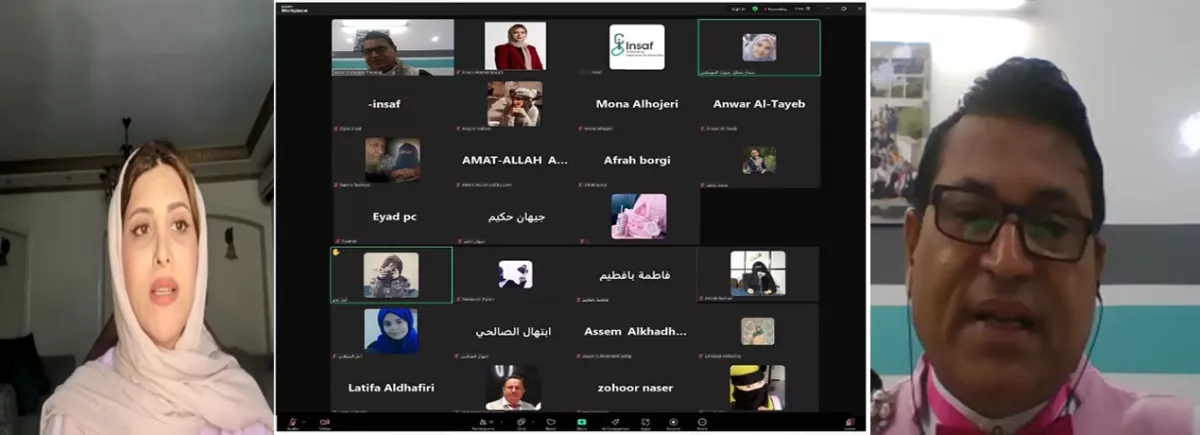
Yemen: 72 journalists commit to strengthening social cohesion and minority rights
Related project
YamaniyatFaced with a conflict that is fuelling social tensions and human rights violations in Yemen, 72 journalists spent 12 days learning about the complexity of the situation in the country, and how they can help create a new form of social cohesion. A look back at the latest initiative in the Yamaniyat project last July.
In Yemen, the conflict continues to fuel social tensions and human rights violations. The explosion of hate speech, exacerbated by certain media outlets, now represents an unprecedented challenge for Yemeni society. Population displacement is another aggravating factor. This situation shifts the country away from the values of tolerance, inclusion, diversity and the very essence of human rights standards and principles. Expressions of hatred linked to political and ideological differences also expose their targets to discrimination, abuse and violence, as well as social and economic exclusion.
However, against this tense backdrop, 72 journalists agreed, last July, to promote social cohesion and minority rights in Yemen by taking part in a new training programme organised as part of the Yamaniyat project, in partnership with the Insaf Center for Rights and Development. These journalists, women and men from 10 governorates across the country, completed a 12-day course to learn about the principles and techniques used to promote social cohesion and minority rights.
At the end of the course, their trainer, Meead Mohamed Juman, highlighted the significant results obtained: "The journalists received in-depth training about several aspects of social cohesion and minority rights. This has had a substantial effect, helping to raise the journalists basic awareness of a number of cultural and social issues."
It also allowed the journalists to develop specific journalistic skills and better understand the principles safeguarding greater social equity in Yemen, to help with the efforts to reunite the Yemeni population and build an inclusive society.
It echoes CFI's Contract of Agreed Objectives (2024-2028), signed last month, which underlines CFI's commitment to prioritising action in crisis-stricken countries to promote social cohesion and human rights.


